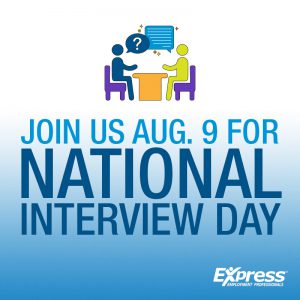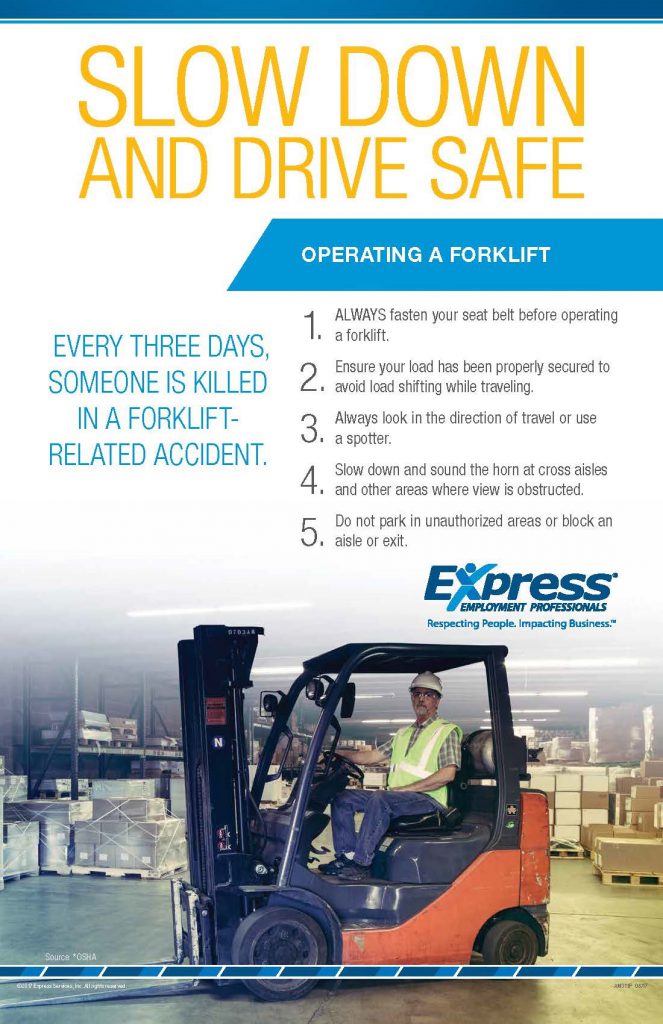Draw on your design experience for this competitive field.
Despite already having experience with several jobs, many working adults are unable to answer that age-old question, “What do you want to be when you grow up?”
Our Job Spotlight monthly blog series is designed to help you answer that question. In this series, we review all the basics of specific jobs, from salary and duties to why people do the jobs they do.
Graphic Designer
In this month’s Job Spotlight, we’re illustrating the importance of loving your job with a look at graphic design. Competition for graphic design positions is high, as employment is projected to grow 4% from 2016 to 2026, a lower rate than most occupations. Responsibilities include using graphic design skills to work on websites, books, magazines, product packaging, websites, exhibitions, corporate branding, and more.






